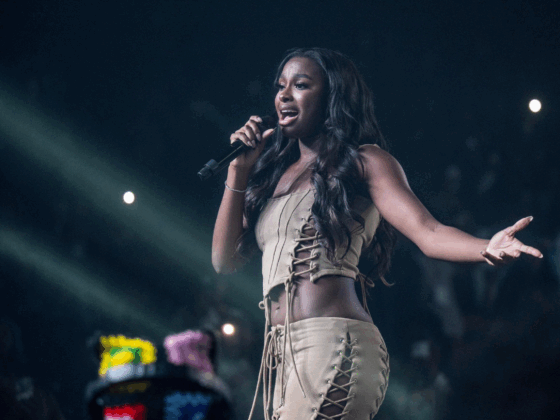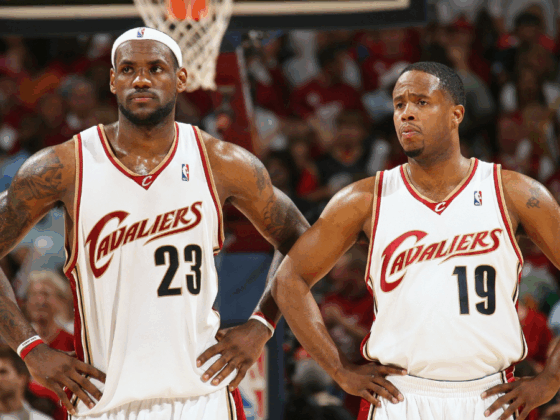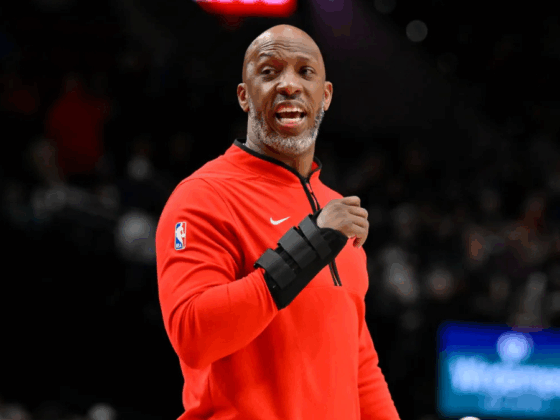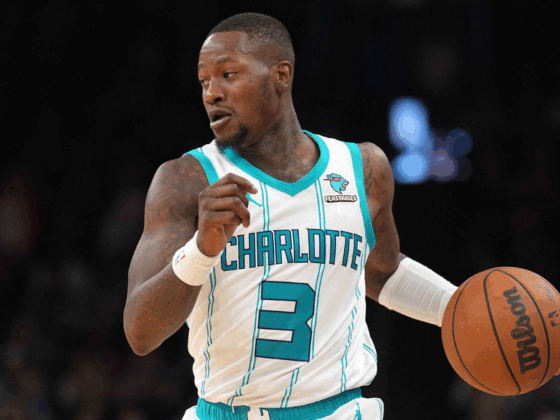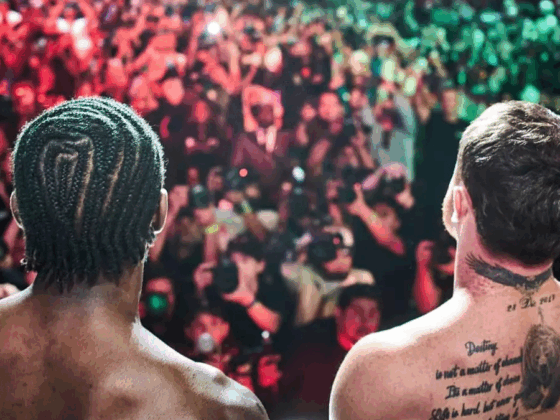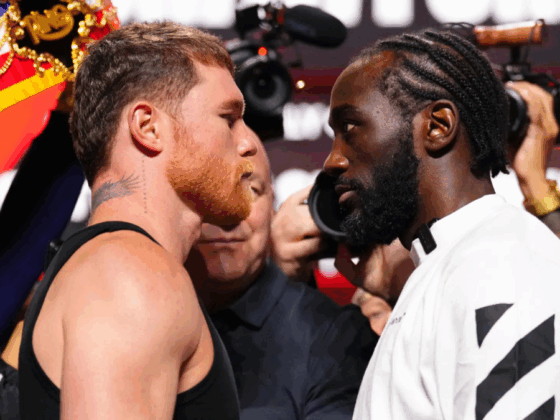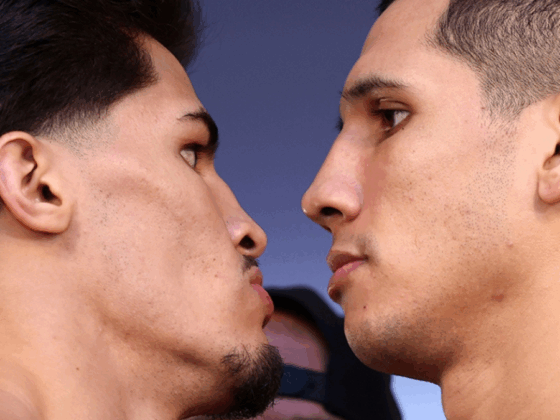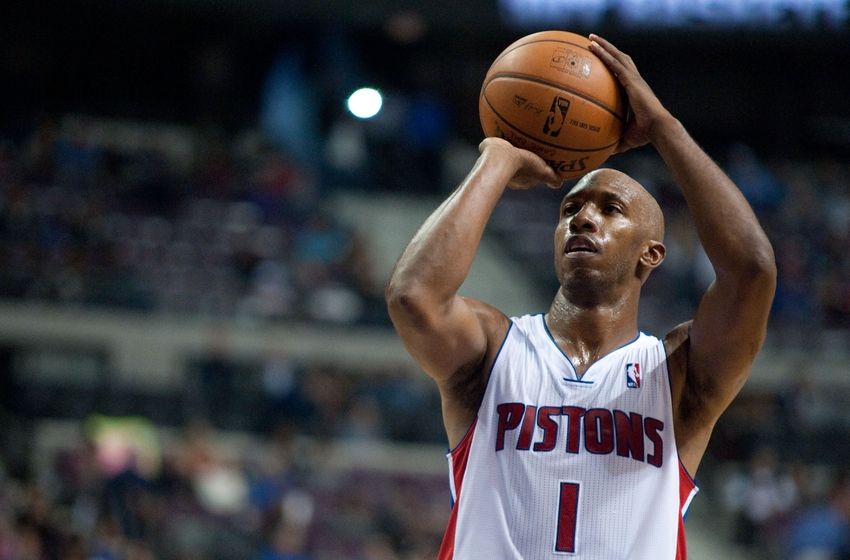
The duty of generational basketball fans is to recount and sustain the legacies of great players and teams. While the Hall of Fame moguls, the great names of Wilt and Magic and Bird and Jordan and Dr. J and so forth live on through the very fabric of NBA history, it’s just as important, if not more so, to recognize the greatness that falls into a different tier.
Chauncey Billups is one who falls into that next tier of greatness.
Millennial basketball fans may or may not remember much about how Billups actually commanded the game. He garnered enough acclaim as a perennial shot maker to earn the nickname “Mr. Big Shot”, which stays with him just as much as being the Finals MVP after leading the Detroit Pistons to an NBA championship in 2004. At 6’3, 210 pounds, Billups was a fine-tuned blend of strength, talent, and leadership at point guard. While his game wasn’t too flashy and his numbers weren’t eccentric, Billups was one of the prime examples of a gaudy point guard that did things the right way and could flat out get it done.
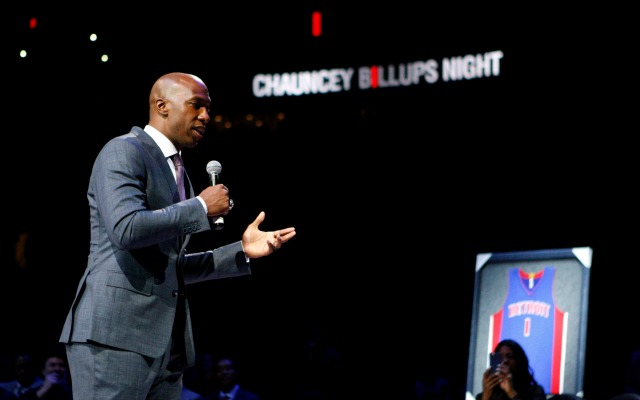
Billups wasn’t the high-volume scoring weapon that the point guard position has evolved into today, but his tenure, particularly in the early to mid-2000’s, did take part in the encouragement of lead guards that could fill it up. You also have no choice but to acknowledge the difference in eras. For some context — the ’04 Pistons won the NBA title and averaged 90 points per game that season, which was in the bottom percentile of the NBA, and today, the Philadelphia 76ers average about 97 points per game. Staying true to the foundation laid down by the Bad Boys era in Detroit, Billups’ Pistons were committed to their defense, giving up the least amount of points in the NBA that season (84.3).
Averaging just under 17 points per game in that championship season, Billups was the team’s second leading scorer behind backcourt mate Richard Hamilton. In his 17-year career Billups only failed to average double-digit scoring once when he appeared in at least 22 games. Somehow, Billups managed to tiptoe the line between a solid, trustworthy point guard and a bonafide star. If the Pistons had beaten the San Antonio Spurs in the 2005 NBA Finals and repeated as champions (Billups averaged 20 points and 6 assists in those Finals) then maybe we remember Billups a bit differently. His name might carry more weight in the all-time conversations and debates that we like to conjure up in today’s social media landscape. This isn’t to say that Billups has been swept under the rug, but he and the Pistons ultimately had a short-lived run, and in the grand scheme of things fell into a tier of greatness that falls short of the most revered of elite champions.
As a studio analyst for ESPN, Billups is now a trusted voice about the NBA game. He’s been openly critical of the leadership qualities of players like Ty Lawson as well as his former teammate, Carmelo Anthony, and there’s a reason why: he’s walked the walk and made his rightful mark on basketball history. Chauncey Billups the basketball player represents toughness and talent merged with a staunch confidence that allowed him to compete with anyone. He represents the hard-working class of NBA players who could also drop 30 on you on a given night. He won’t be remembered as one of the greatest of all time, but he’s someone you ought to remember when you tell your children about some of the great players of this century.
